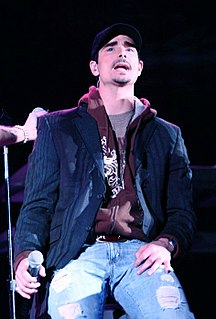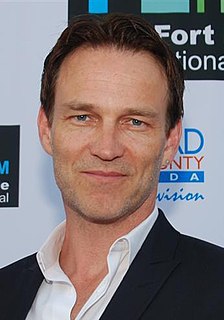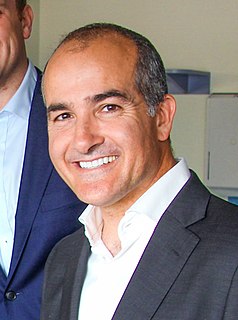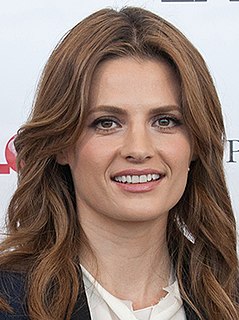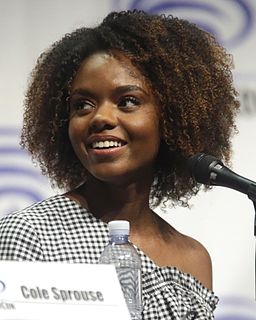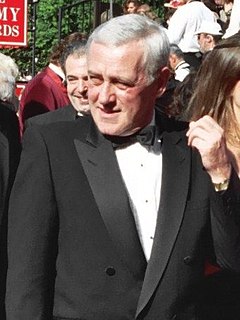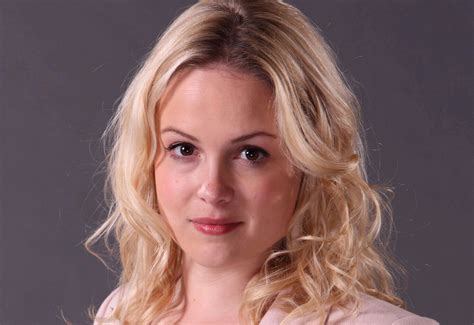A Quote by Dennis Quaid
I owe the little formal education I got to my drama teacher, Mr. Pickett, who got us to read Shakespeare, Moliere, and other classics.
Related Quotes
I did a lot of musicals when I was young and finally went to drama school to try and get away from doing musicals... and of course the first thing that happened when I got out is I got offered a musical. And then when I got to the Royal Shakespeare Company, which was my next job, I ended up doing a bloody musical!
As a physician, we are taught that learning and education never stop - they are lifelong. I think education comes in various forms: formal, informal, and most importantly, experiential. All of this defines who we are and gives us if you will our abilities to function as leaders. I believe all of those pieces constitute formal education - it is invaluable to who we are and how well we perform.
They [Barnes Theatre Club] were a very good group, and for some reason when I finished the backstage thing, I just decided to that I should try to act. So I auditioned for Guys and Dolls and got a little tiny part as some Cuban dancer or something and then in the next play I got the lead part, and then I got my agent. So I owe everything to that little club.
His [Pitt's] successor as prime minister was Mr. Addington, who was a friend of Mr. Pitt, just as Mr. Pitt was a friend of Mr. Addington; but their respective friends were each other's enemies. Mr. Fox, who was Mr. Pitt's enemy (although many of his friends were Mr. Pitt's friends), had always stood uncompromisingly for peace with France and held dangerously liberal opinions; nevertheless, in 1804, Mr. Fox and Mr. Pitt got together to overthrow Mr. Pitt's friend Mr. Addington, who was pushing the war effort with insufficient vigor.
I didn't want to be the archetypal sponging brother-in-law, so I didn't go into acting when I got to the States. I thought, 'No, I'll go to school and then I'll be an English teacher; that'll be fun.' But I was horrible as a teacher. As hard as I tried, I just couldn't inspire those kids to take an interest in Milton and Shakespeare and Donne.
Contrary to what some folks would have us believe, it is not tragic, even if undesirable, for a person to leave a liberal arts education not having read major works from this canon. Their lives are not ending. And the exciting dimension of knowledge is that we can learn a work without formally studying it. If a student graduates without reading Shakespeare and then reads or studies this work later, it does not delegitimize whatever formal course of study that was completed.
In my last year of drama school, I was Abigail in 'The Crucible' and Nina in 'The Seagull,' and I did some Shakespeare with the RSC. That's what casting directors saw me in, and I got put up for a lot of period drama auditions. I always get told I suit the costumes. I don't think I have a very modern-looking face.




